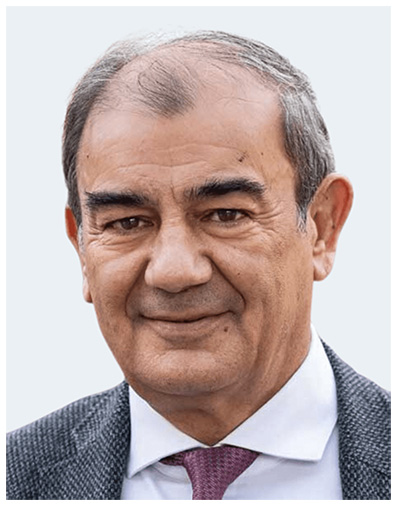By Juan Antonio Pedreño, President of CEPES and Social Economy Europe
Murcia (Spain) hosted the First European Social Economy Summit, held from 15 to 19 September. During these days, more than 650 participants, government representatives from 27 European and Southern Mediterranean countries, and members of EU institutions shared with the Social Economy sector the most pressing common challenges, highlighting the alliance between European institutions, governments and all the actors that underpin this business model. Among those participating were the Executive Vice-President of the European Commission, Roxana Minzatu, and the Spanish Minister of Labour and Social Economy, Yolanda Díaz. This historic event served to place the growth of the social economy on the strategic agenda of the EU institutions.
2025 is a year of uncertainty, and the social economy is and must be considered a stable and strong economic compass for the EU. In Europe, there are at least 4.3 million social economy entities and enterprises, employing more than 12 million people. This sector is larger than the automotive industry and operates in all sectors of activity, some in strategic areas such as agri-food, housing, energy, the circular economy and social innovation. We do not want to take a step backwards because of changes in EU priorities. However, in 2025 we run the risk of taking that step backwards. This decision cannot be allowed to happen.
The social economy contributes to the EU’s industrial autonomy, with an economy that res meets territorial needs; it contributes to the resilience of communities, fostering dialogue and social cohesion; it ensures social protection through the provision of social and care services; it consolidates and underpins democracy by practising democratic governance within enterprises and organisations, as well as through civil society; and it undoubtedly contributes to a fairer world by reinvesting in social objectives and reducing wage inequalities.
However, for the social economy to continue providing all these economic and social benefits, it needs a firm and clear political commitment: to strengthen the European Social Economy Action Plan (ESAP) and provide it with the necessary and adequate resources.
Spain’s experience shows that this is possible: a national strategy, specific funds, shared governance tools and institutionalised dialogue with the social economy ecosystem from the local to the European and global levels.
2024 was a year in which the European Social Economy ensured its presence in the actions of the European Parliament, with the renewal of the Social Economy Intergroup, and in the Commission, with the appointment of Vice-President Roxana Minzatu as the person responsible for European social economy policies. However, we do not agree with Commissioner Séjourné’s decisions to eliminate the Social Economy Unit from DG Grow.
2025 is a year in which we are fighting to keep the PAES high on the EU agenda, to ensure that the European Social Economy is understood as an essential economic partner for economic and social policies. We are also fighting to secure adequate funding and investment for the ecosystem through the upcoming negotiations on the Multiannual Financial Framework.
These are the values that distinguish the EU from the rest of the world.
In a global context marked by rearmament, geopolitical tensions and environmental crises, the social economy is more than ever a strategic option for the future of Europe.
Because if the cost of defence and competitiveness undermine the EU’s values and its pillars, what is the EU fighting for? Let us not forget that the European Commission is supposed to defend not only economic sovereignty, but also, and above all, its values of respect for human dignity, freedom, democracy, equality, the rule of law and respect for human rights.
We cannot back down. It is time to join forces, to defend and strengthen a model that puts people, territories and the dignity of work at its heart. The European Social Economy is ready to contribute to designing the changes we want to see happen. Because tomorrow’s economy and society are being built today, and the Social Economy is the surest way to make them fair, green and sustainable.
We are grateful to Commissioner Minzatu for her speech at the Murcia Summit, where she reaffirmed the Commission’s key commitments to strengthening the social economy and recognised its strategic value for Europe’s cohesion and resilience. ‘You have my full commitment that I will work with you to continue to drive forward the ambitions of the social economy in Europe,’ she said.
The sector cannot stand by and watch, but must take action. Because ‘Alone we are invisible, but Together we are invincible’.







